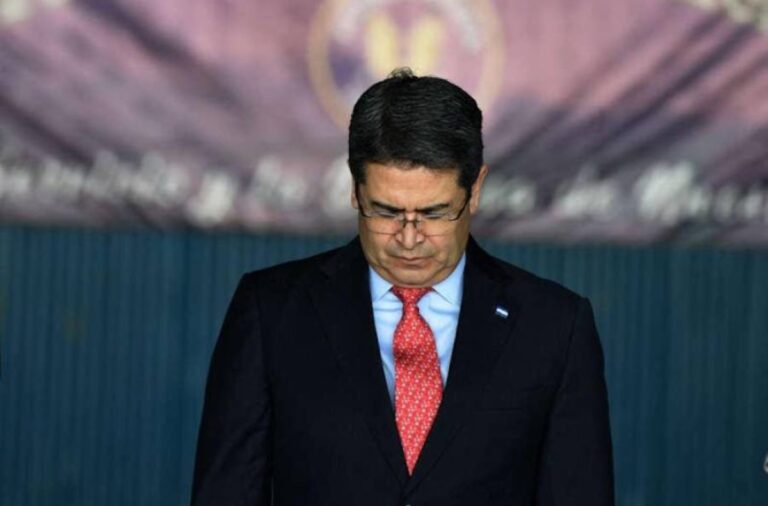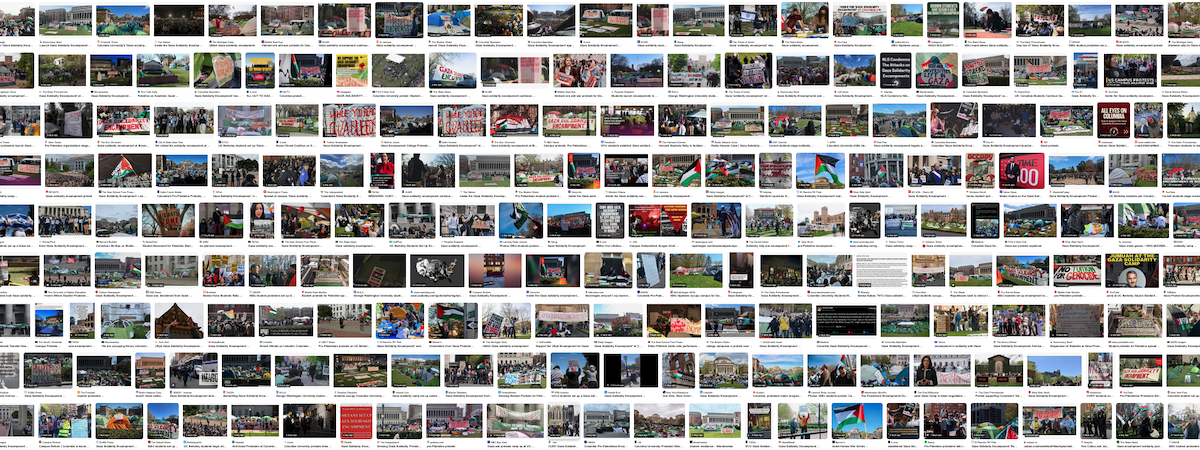By Jim Phillips
On March 8, former Honduran President Juan Orlando Hernandez was convicted in a New York court of conspiring to traffic tons of cocaine into the United States from Honduras. He was also convicted of using and carrying illegal arms in the commission of drug trafficking. If he receives the maximum penalty, he will be in a US prison for the rest of his life.
The Peace House Connection
This conviction of Hernandez is of interest to Peace House which has been a sponsor of the human rights accompaniment work of Ashland resident Lucy Edwards and has hosted Fr. Ismael Moreno (Padre Melo), former director of Radio Progreso and one of the major voices for human rights in Honduras. On her first accompaniment trip to Honduras , Edwards was joined by Pamela Shepherd who was then Minister at Ashland Congregational United Church of Christ. After that, Edwards made an average of five or six trips each year. Over the past decade or more, she accompanied both Padre Melo, and then Bertha Oliva, Director of the Committee of Families of the Disappeared/Detained in Honduras (COFADEH), a major Honduran human rights organization.
Such accompaniment was necessary because of the conditions of violence and corruption that Hernandez and his associates imposed on the country over a period of more than twelve years (2009-2021), endangering the work of human rights advocates, including Padre Melo and Bertha Oliva, both of whom received ongoing threats, harassment, and false accusations during the years of Hernandez’ presidency.
Honduras Under Hernandez
In the early 2000s, Hernandez used connections to drug cartels to help finance his rise to political power. By 2009, he was the president of the Honduran Congress, a position similar to the US Speaker of the House. He was a major force in the National Party, the more conservative of the traditional political parties . Historically, the National Party has had close ties to the Honduran military.
In June, 2009, Hernandez was a major player in engineering an illegal coup against the duly elected Honduran President Manuel Zelaya. After the coup, an election held amid widespread and massive popular protests and military repression elected the National Party candidate Porfirio Lobo as president. Under Lobo, Hernandez had a free hand in building and extending his network of support among Mexican and Central American drug traffickers who wanted to control Honduras as a major transshipment (and later a production area) for cocaine destined for the United States.
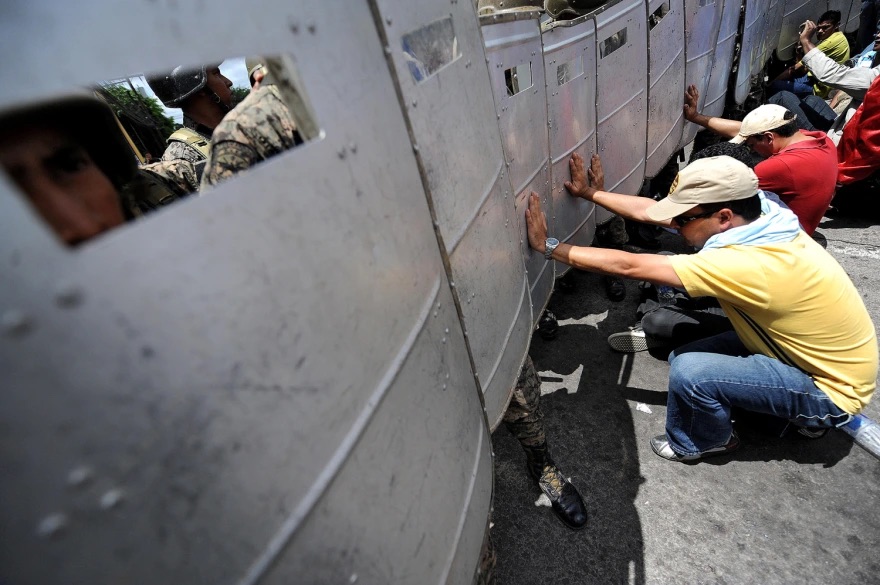
In 2013, Hernandez was elected President of Honduras in an election denounced by many. The opposition candidate, Xiomara Castro, was ahead in polls and favored to win. There were reported irregularities in the voting process, and many Hondurans believed Castro was robbed of the victory. During the next four years under Hernandez, Honduras recorded one of the highest murder rates in the world, for a while approaching 90 murders per hundred thousand population. (For comparison, neighboring Nicaragua had lan average of 7 per hundred thousand during that period.) Honduras also registered one of the highest rates of femicide and gender killings in the world.
Scandals within the government ministries and the Congress drained money— in one particularly notorious case, more than $300 million US dollars—from state services such as the public health system, allegedly contributing to hundreds of deaths among the poor who had to rely entirely on underfunded public hospitals for care. Public education was forced to seek support from wealthy private donors, and under Hernandez, the number of youth who were neither employed nor able to attend school was estimated at more than one million. This youthful population was the most vulnerable to recruitment by criminal gangs and drug traffickers. Labor union leaders, human rights and environmental advocates, journalists and Indigenous activists were threatened and killed.
In 2017, Hernandez sought re-election despite a Constitutional ban on second terms. His control of the country’s Supreme Court resulted in the Court’s decision that Hernandez’ rights would be violated if he were not allowed to run again. (Essentially, the Court declared the Constitution unconstitutional!) This incident betrays the hypocrisy of Hernandez and his associates. Seeking a second term as President was the very accusation they made against Manuel Zelaya to justify their 2009 coup against him.
Hondurans organized the Convergence Against Continuance, a mass popular movement to denounce a second term for Hernandez. Both Padre Melo and Bertha Oliva were leaders of the Convergence, along with labor leader Carlos H. Reyes.
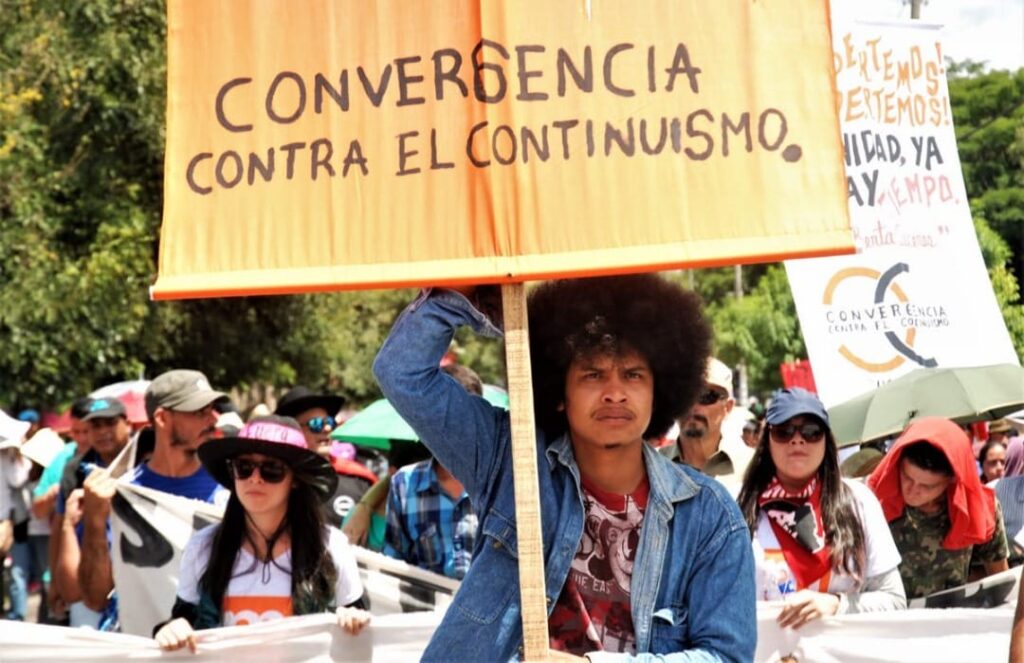
Under suspicious circumstances, Hernandez was declared winner of the 2017 election. Immediately, massive popular protests erupted and continued daily in the streets for almost two months. The Military Police, whom Hernandez had created and who reported directly to him, were sent out to forcibly repress the demonstrations, beating and gassing protesters, and even going into neighborhoods of known or suspected opponents of the government in order to arrest people. (I was there during that time.)
From then until the election of 2021, the violence, repression, and corruption continued unabated under Hernandez. Several close members of his family and major functionaries of his government, including an army general and the country’s Police Chief, Juan (El Tigre) Bonilla, were deeply implicated in drug trafficking, and some also in assassinations.
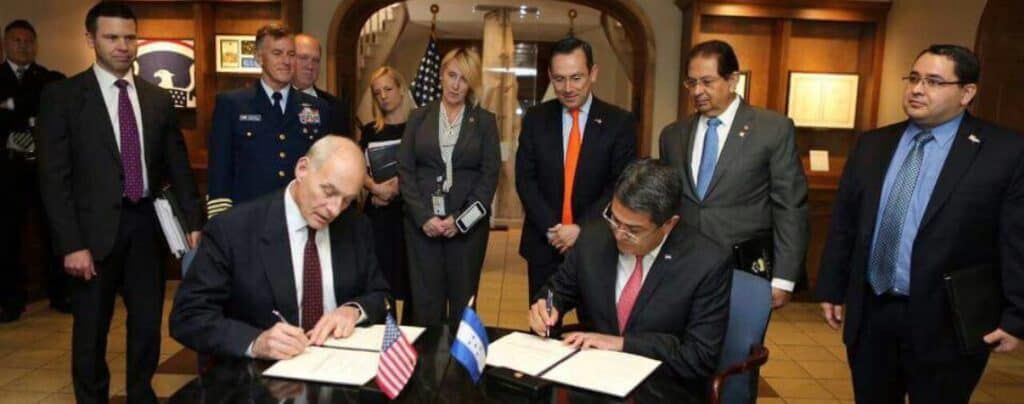
Turning Point?
As the 2021 election approached, the National Party use bribery of voters, intimidation of poll workers, threats and assassinations of opposition candidates, and other means to ensure that their candidate, and Hernandez’ chosen successor, would be elected so that the “narco-dictatorship” that Hernandez had constructed would continue. But in November, the people elected Xiomara Castro by a wide margin. It was a stunning defeat for Hernandez and his associates in corruption, and a testimony to the collective power of the Honduran people.
Castro assumed the presidency in January 2022. Her program of government promised to end or reduce violence and corruption and transform the economy to serve the people instead of foreign corporations. But the deeply entrenched network of corruption that Hernandez and his associates created will not be dismantled easily or soon. Many of the same actors that participated in this network are still in place, and their allies still control many local and regional governments and corrupt police.
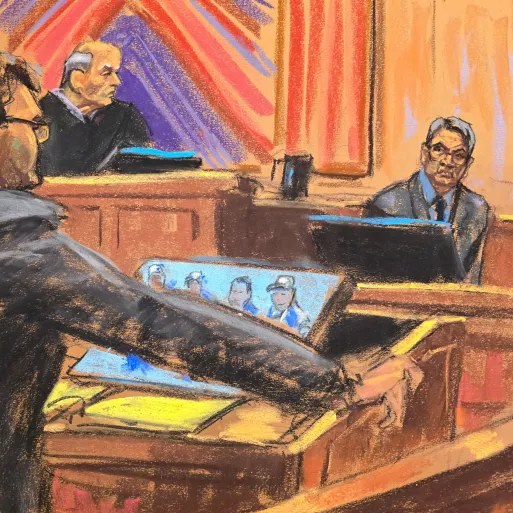
The Role of the United States
Which brings us to the role of the US and the indictment of Hernandez. The US has been a dominant force in Honduran politics and life for well over a century. In the 1980s, Honduran Congressman Efrain Diaz told me, “Everyone knows that Honduras is run by the US Embassy.” There are two major reasons why the US must control Honduras. US and Canadian companies have long had deep interests in Honduras, protecting their corporations’ investments in mining, export agriculture, tourism, and more. This is the economic reason.
As President, Manual Zelaya had proposed a moratorium on extractive industries until the damage they caused to rural peasant and farming communities—illegal evictions of communities, environmental destruction, and violence—could be assessed. Zelaya proposed listening to the victims of foreign extractive industries. This frightened those who benefitted from the status quo. They saw the need to remove Zelaya. Hernandez, always the opportunist, took advantage of this fear to promote the 2009 coup against Zelaya and to portray himself as a patriot saving Hondurans from “communism,” and from becoming “another Venezuela.”
The other major reason why the US must control Honduras has been to maintain it as a staging ground for US military power in the region. Honduras was the platform for US military threats against neighboring revolutionary Nicaragua in the 1980s, and Honduras remains so today. For these reasons, economic and military, the Obama Administration, the Trump Administration, and even the Biden Administration continued to support Hernandez and to fund, train, and supply the Honduran military even after the illegal 2009 coup. The US was very aware of the violence and corruption Hernandez wrought on the Honduran people, but Administration officials and members of Congress continued to welcome Hernandez to Washington, support his government, and certify that he was protecting human rights in Honduras.
What Does the Conviction of Hernandez Mean?
Why did the US finally seem to turn against Hernandez? While Hernandez was still President, it was apparent that those around him were engaged in a massive drug trafficking operation that eventually introduced an estimated four hundred tons of cocaine into the US It was fine as long as the damage remained confined to the Honduran people, but when the damage spread to the US, Hernandez was no longer an asset but a liability. Honduran human rights leaders and political analysts say that the US demands for the extradition of various Hernandez associates and family member was also a form of “face saving,’ cleaning out what was becoming an embarrassment to the US It was also clear that Hernandez’ days in power were numbered. The US wanted to maintain its ability to influence whatever government followed. As Padre Melo pointed out, Hernandez was willing to sacrifice others, even close associates and family members, as long as he remained untouched.
When Xiomara Castro assumed the presidency in January, 2022, one of the first acts of the new government was to arrest Hernandez and prepare for his extradition to the United States. This may be seen as a sign of collaboration between the Castro government and the US. But many Hondurans ask why it took the US to do what Honduran institutions of justice could not do. They see the extradition and the conviction as a sign of the ongoing dominance of the US in Honduran affairs, and the weakness of Honduran justice that was never strong but underwent further erosion during the Hernandez presidency. Having for so long encouraged and supported Hernandez, Good Neighbor Uncle Sam now entered to rescue the Honduran people from Hernandez.
Hernandez will be sentenced in June of this year, only days before the fifteenth anniversary of the 2009 coup that he helped orchestrate. Ironic? His brother, Tony, is already serving a prison sentence. Former Police Chief Bonilla and others are also on trial in New York.
Meanwhile, not much has changed in Honduras. The vast network of drug manufacture and trafficking, corruption, and violence that Hernandez oversaw is deeply rooted and continues to cause misery. The statistics of crime and poverty have scarcely changed. The Castro government does not fully control the Honduran Congress, the courts, the military, the police, or many local governments. The US Embassy continues to issue warnings that if Castro tries to change anything significant, there will be consequences. Rumors of another military coup continue to circulate. Human rights and popular organization leaders continue to warn that the political situation is fragile. Hondurans and their US friends in solidarity must remain vigilant.
Jim Phillips, Ph.D., is a former Chairperson of the Peace House Board. He is the author of two books on Honduras, including, Extracting Honduras: Resource Exploitation, Displacement, and Forced Migration (Lexington Books, 2022).

